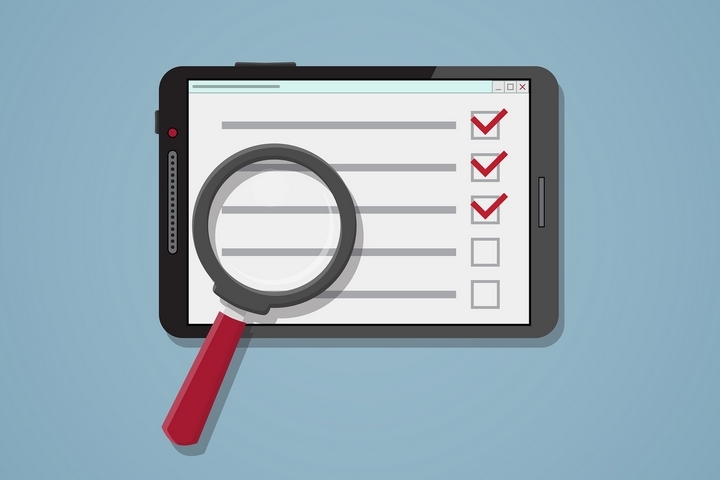Real estate customer relationship management, or real estate CRM for short, is a software that helps realtors and other real estate employees manage data related to their past, present and future clients.
Consisting of a variety of different features, which may vary depending on the real estate CRM being used, this software provides valuable organization of data and analyses which helps those in the real estate sector to better serve their clientele. Here’s how:
1. It automates processes

Some things that would normally have to be done manually and individually client-by-client can be automated. These are things like certain e-mail communications or marketing communications. By automating these types of tasks with real estate CRM, the real estate agent can expand their reach and increase the number of people they can contact within a certain period of time.
2. It helps improve rapport

Real estate CRM helps its users to remember dates, people, and specific information about those people. It makes interactions with clients, future clients, and other contacts more personal and meaningful. It allows the user to communicate to their contacts in a way that lets them know the communication is meant for them. It means they aren’t getting pointless marketing messages that have nothing to do with their wants and needs. People respond best to companies that make them feel special and important. Using a real estate CRM allows people in the real estate sector to do exactly that for their clients.
3. It helps the user hang onto good leads

With features like automated outreach and follow-up reminders, real estate CRM helps real estate companies get good leads and referrals and make sure they don’t lose them. Some real estate CRMs even aid with market segmentation which allows the user to locate and group together the contacts that will likely demonstrate similar behaviours. Some also keep track of outreach and will let the user know the number of times and frequency with which they have contacted a certain client. These features not only help the user to find new leads and get referrals, but also to make sure the leads are not lost.
4. It can streamline company processes

This is especially valuable for real estate companies with many employees. Using a real estate CRM can help ensure that each client or potential client is treated the same way, followed up with the same amount or in the same fashion, and it keeps track of this information so that should a new employee need to take over a client, or for any number of other reasons, all the data and information is available and organized in a logical way. By using a real estate CRM, companies can ensure that all employees are following an identical or very similar process when communicating with potential or current clients, and that contacts aren’t being lost due to a lack of communication or organization on the part of the company.
Real estate CRMs help make sure companies are doing everything in their power to acquire clients and keep them happy.
5. Organize contacts based on relationship

Real estate CRM can also help organize contacts by relationship so that real estate employees can keep organized who people are and what the process for working with them will be. This feature simply provides an extra level of organization which will further improve client rapport and will make work easier for the user. It will make searching for contacts easier, and it makes sure people are receiving the right communications based on their relationship with the user. This feature also helps ensure clients feel their interactions are more personal. At the Ixact Real Estate CRM website, their online resources could help you get a better understanding.




